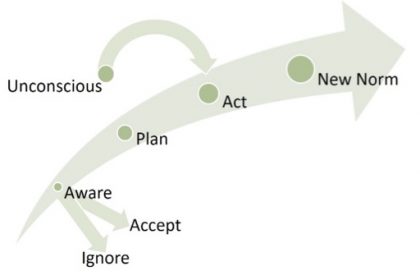Different people think, feel, and prioritize differently. Because coaching is client-focused, it is the responsibility of the coach to understand their client – how they think, feel, and prioritize. There are a multitude of tools to assist coaches understand their clients. There are also a multitude of challenges.
For example, there are many personality assessment tools. Some argue the coaching should use these and others argue that these assessment tools are for mental health professionals or HR professionals or consultants. Either way, the challenge for the coach is that in reality, an assessment gives you insight to the client at the time of the assessment. Whether it was taken just after time at home, at work, or out with friends influences the outcome.
Because a coach is called upon to understand the client, and to be present in the moment, recognizing how the client thinks, feels, and prioritizes in the moment provides tremendous value and benefit. In this way, rather than relying on a fixed assessment, the coach focuses on the individual in the moment.
It is possible to identify who the client is in the moment and then adjust to the client. Adjusting to the client requires that the coach be aware of their own personality and how that influences their thinking and feeling. Then the coach focuses on the client for awareness of how the client is thinking and feeling, and adjusts accordingly.
As an added benefit, with this insight the coach is equipped to further expand the thinking of the client by exploring outside the client’s area of focus and beyond the initial considerations.



